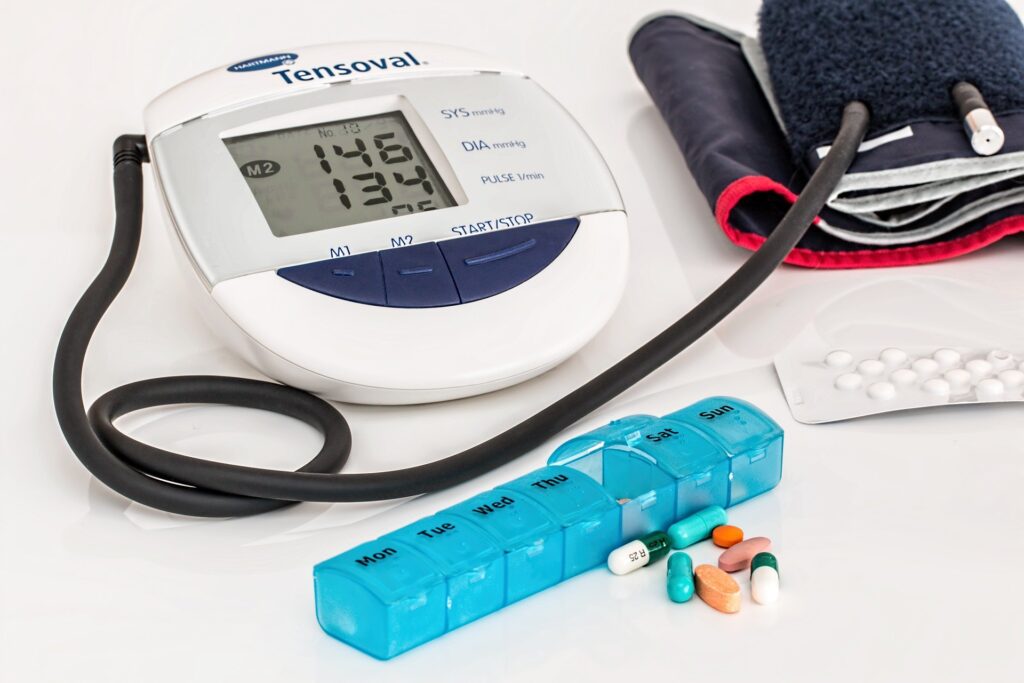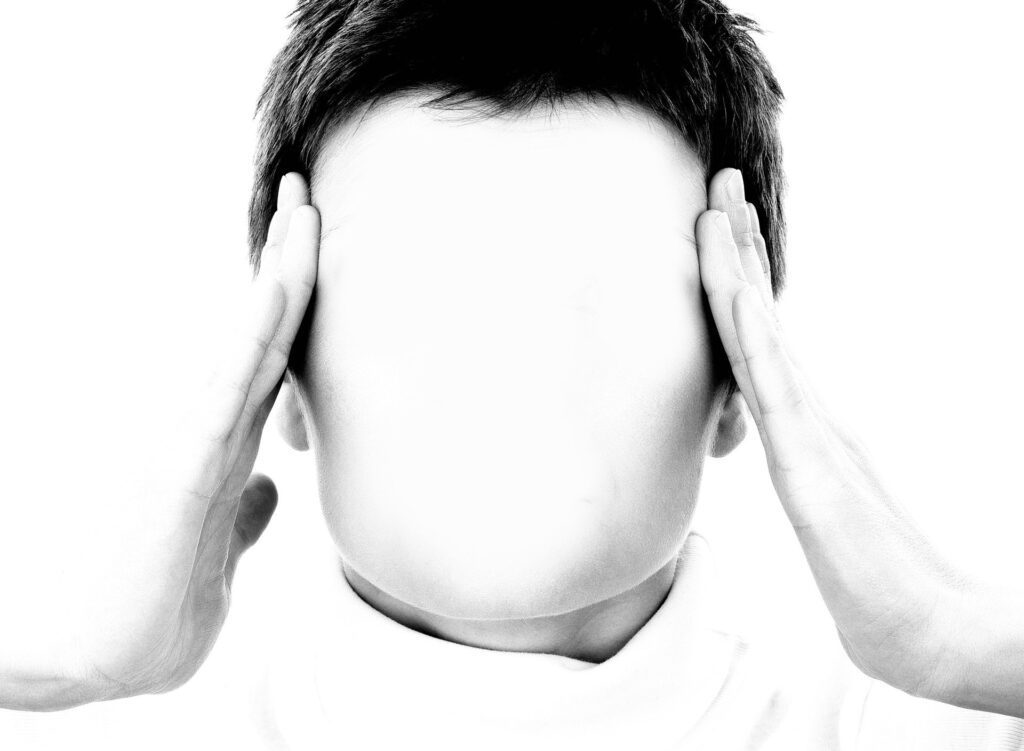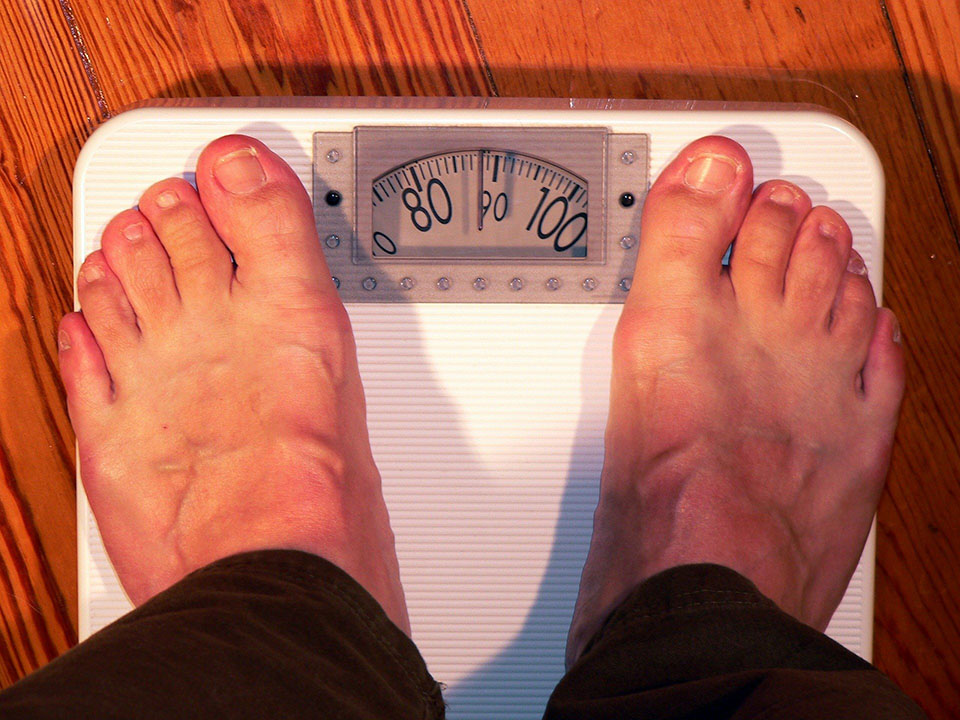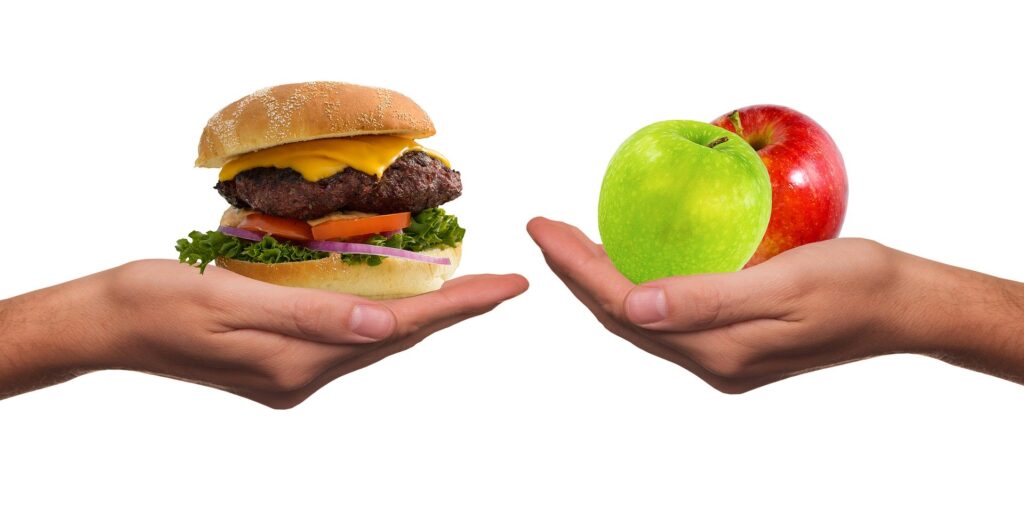Hypertension, also known as high blood pressure, is a health problem that comes about when an individual’s blood pressure goes up to unusually high levels. Hypertension is quite a common health condition nowadays. This problem can lead to other health problems such as an increase in the risk of heart disease, stroke, aneurysm, heart attack, heart failure, etc. To put it rather simply, your blood pressure is the pressure that your blood puts forth onto your blood vessels while flowing. High blood pressure or hypertension is caused when the resistance against the flowing blood is high, certainly due to narrow arteries. Therefore, narrow arteries lead to more resistance and thus, a high blood pressure.

Generally, there are two types of hypertension; primary hypertension and secondary hypertension. Primary hypertension, also known as essential hypertension, is the type of hypertension that occurs gradually, considering certain aspects related to lifestyle and health. It is a common type of high blood pressure issue. Secondary hypertension, however, is the condition after primary hypertension that happens when the former’s symptoms get more severe.
Hypertension is a condition that develops gradually in a person, often with the least apparent symptoms. However, it can still cost you a lot of health problems, including severe damage to your most vital organs such as your heart, brain, eyes, etc. Therefore, you must always look out for any peculiarity in the functioning of your body, get your blood pressure readings routinely, and detect the problem earlier. It is vital to keep your blood pressure under control to reduce the risk of hypertension and other problems that come with it. Routine checkups play an important role in identifying any fall or rise in your normal blood pressure.
Nonetheless, when detected early and given the right treatment, the problem of hypertension can be solved with prescribed medication and healthy lifestyle changes.
Symptoms:
As mentioned earlier, hypertension is usually a condition that takes place gradually, yet the symptoms are still evident after a certain amount of time. Here are some of the most apparent symptoms of hypertension you must watch out for:
- Severe headaches
- Dyspnea (shortness of breath)
- Hematuria (the presence of blood in the urine)
- Spontaneous nosebleeds
- Dizziness
- Severe chest pain
Some other intangible symptoms may be trouble sleeping, excessive sweating, anxiety, etc.

Causes:
There are a lot of factors that may contribute to the conditions, from past habits and health history to environment and lifestyle. The following are some of the causes of hypertension.
- Genetics: Hypertension can be inherited if your parents have a history.
- Being diabetic
- Blood plasma volume
- Endocrine tumors
- Being overweight; obesity
- Lack of physical activity
- Psychological factors, such as stress and depression
- Having a kidney disease
- Thyroid problems
- Excessive alcohol consumption

Treatment:
To treat hypertension, there’s an abundance of medications and options available out there. One must always consult a doctor before taking any sort of medication for blood pressure. Following are some of the common medications prescribed to people with hypertension:
- Beta-blockers: This medication makes your heartbeat slower and blocks the hormones in your body that can elevate your blood pressure.
- Diuretics: These pills help in removing excess sodium from your body.
- Calcium Channel Blockers: This medication helps in blocking calcium from entering the cardiac muscles of your heart, resulting in lower blood pressure.
- Alpha-2 Agonists: This medication helps in relaxing blood vessels and changing the nerve impulses that may tighten the blood vessels.
Lifestyle Changes:
- A Healthy Diet: People with hypertension are suggested to eat healthier and cleaner. Try incorporating heart-healthy foods in your diets, such as leafy vegetables, fruits, whole grains, high fiber foods, foods rich in omega-3 (such as fish), nuts, pulses, beans, etc. It is important to remember that you must avoid trans fats, animal fats, saturated fat, etc. A good way to inculcate this in daily life would be planning your meals and portion sizes and avoid overeating.
- Exercise: Everyone, with/without hypertension, must spend at least 30 to 60 minutes every day engaging in some sort of physical activity. To maintain a healthy cardiovascular system, make sure to exercise for at least 5 out of 7 days per week. Cardio exercises, walking, jogging, cycling, and swimming are some good ways.
- Clean habits: Try limiting your alcohol consumption and maintaining healthy boundaries with it as it can lead to high blood pressure. If you have a blood pressure problem, it is suggested that you quit smoking. Avoid consuming tobacco as well.
- Managing stress: Hypertension often leads to mental health problems. You must learn how to manage stress with stress-reducing activities such as meditation, yoga, spending time in nature, deep breathing, and other mindful activities.

Preventive Measures:
It’s better to take precautions and stay conscious of what’s going on in your body, rather than taking medications and treatments later, right? Here are some preventive measures that you can take to decrease your risk of getting a high blood pressure problem:
- Eat healthily: Make eating healthy a habit, or a lifestyle. Try to eat as clean as you can. Include foods like fruits and vegetables that are rich in nutrients and are good for your heart healthy. Try to include as many fruits and veggie servings in your diet as possible.
- Less meat, more leaf: If you are a meat-lover, try to gradually decrease your meat intake, not eliminate. Keep your meat to salad ratio as more salad and a small portion of meat. Balance is key!
- Eliminate sugar: No matter how much we like sugar, it’s still one of the most pleasant enemies of ours. Try to limit your sugar consumption and take measures to control your sugar cravings.
- Maintain a healthy weight: To have a healthy heart, make sure that you are maintaining a healthy weight. If you feel like you are going overweight, take measures, and make lifestyle changes to lose it.
- Routine checkups: Make sure to monitor your blood pressure routinely. This will help you in foreseeing and identifying any blood pressure fluctuations and prevent hypertension.
Lastly, it is important to not panic about the condition and understand that hypertension can be treated when identified early and taken proper measures on time. Try to live a healthier lifestyle, and it will automatically protect you from such health conditions. Remember that it’s your everyday choices that help your craft a healthier lifestyle.